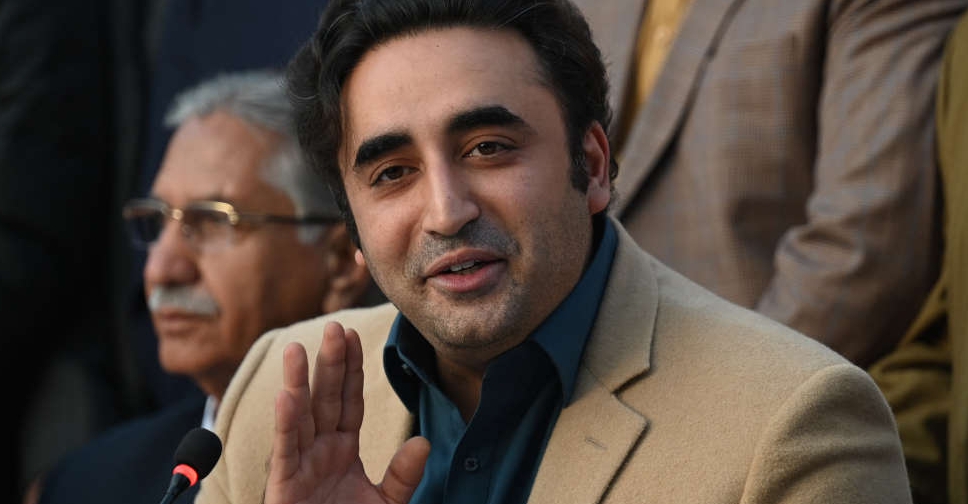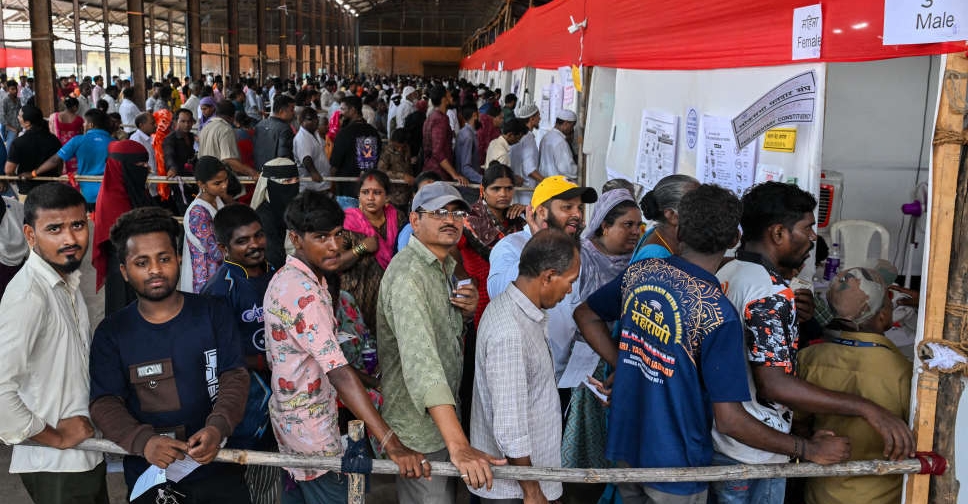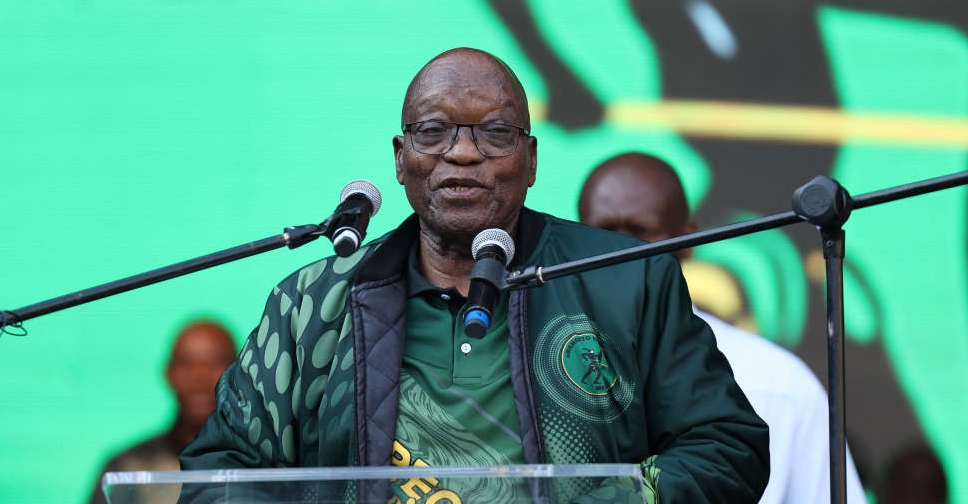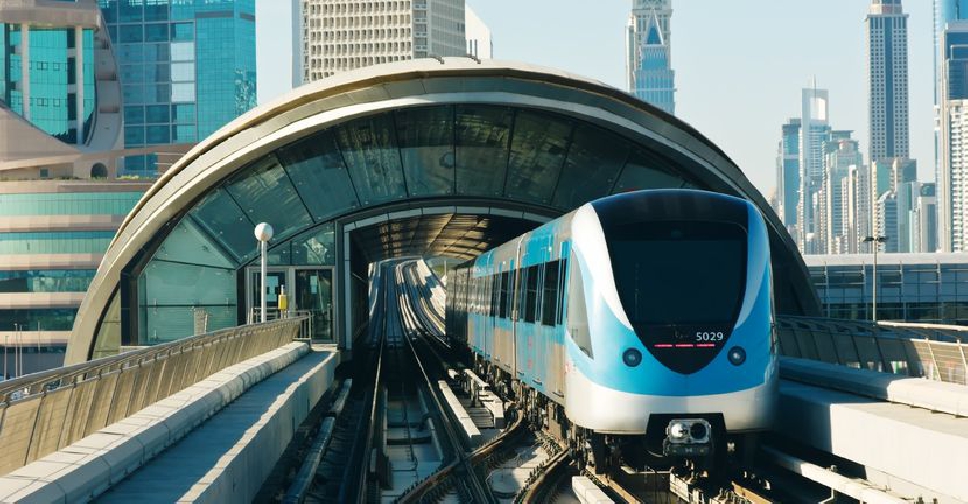
Pakistan's two major parties are set to meet on Monday to try and bridge differences over forming a minority coalition government after an inconclusive election, a top party official said, underscoring its political and economic instability.
Analysts say the nuclear-armed nation of 241 million, which has been grappling with an economic crisis amid slow growth and record inflation, along with rising militant violence, needs a stable government with the authority to take tough decisions.
Monday's talks will be the fifth such round after former Prime Minister Shehbaz Sharif was named by his Pakistan Muslim League-Nawaz (PML-N) party to lead the country again.
"Both the parties haven't yet agreed on final points," Ishaq Dar, a senator of Sharif's party, who is leading it in the talks, said in a statement on Sunday posted on social media platform X.
"Negotiations are underway on various proposals" for power sharing, he added.
The Pakistan Peoples Party (PPP) of former foreign minister Bilawal Bhutto Zardari has announced conditional support for the PML-N, saying it will vote for Sharif to form the government, but would not take positions in cabinet.
"I can confirm that it has been decided in principle that the political parties will form a coalition government," Dar told domestic broadcaster Geo TV.
Sharif, 72, who was prime minister of the south Asian nation for 16 months until August, has been named as the coalition's candidate to be the next premier by his elder brother, Nawaz Sharif, who is the PML-N chief.
Pakistan narrowly averted a sovereign default last summer with a $3-billion bailout from the International Monetary Fund, but the lender's support ends in March, after which a new, extended programme will be needed.
Negotiating a new programme, and at speed, will be critical for the new government.
Pakistan's sovereign dollar bonds fell as much as 1.2 cents on Monday, with the 2024 bond standing at 95.89 cents in the aftermath of the contentious election, Tradeweb data showed.
The new government could also face further political tension, with independent members of parliament, backed by jailed former premier Imran Khan, forming the largest group in the legislature.
This group is at loggerheads with the powerful military and alleges that the vote was rigged.
The caretaker government and election commission have rejected those accusations.
 Iranian President Raisi killed in helicopter accident, state media says
Iranian President Raisi killed in helicopter accident, state media says
 Israel intends to broaden Rafah sweep, Defence Minister tells US
Israel intends to broaden Rafah sweep, Defence Minister tells US
 New Taiwanese president calls on China to stop threats
New Taiwanese president calls on China to stop threats
 India votes in fifth phase of elections
India votes in fifth phase of elections
 South Africa's ex-leader Zuma barred from running for parliament
South Africa's ex-leader Zuma barred from running for parliament



